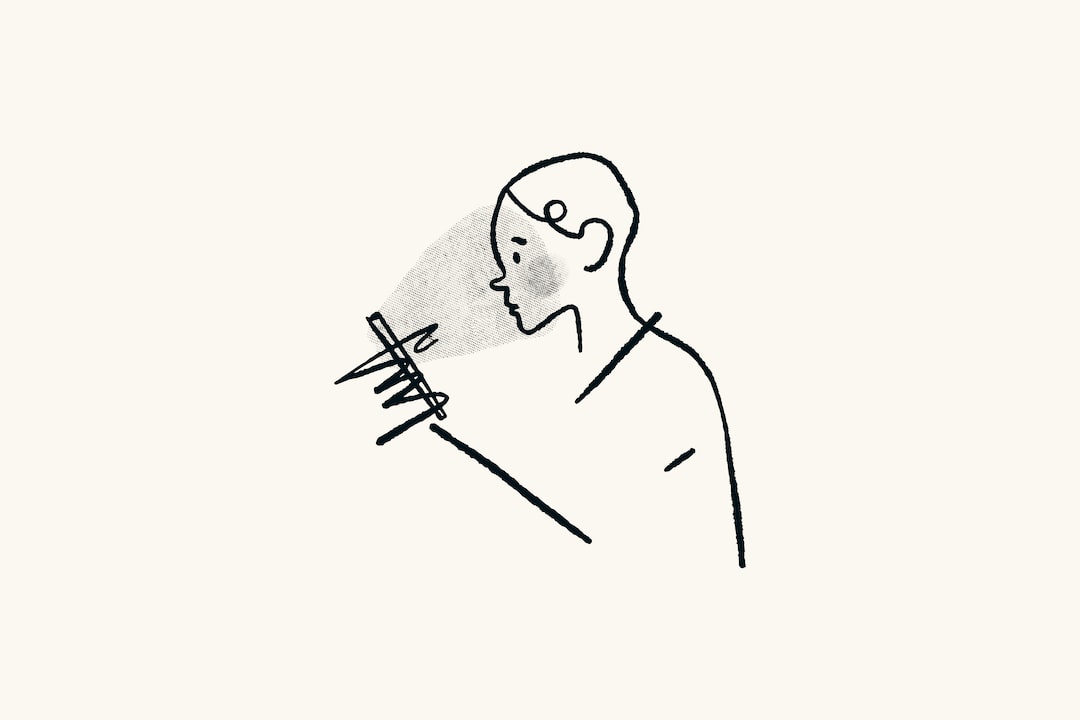The Impact of Social Media on Mental Health and Self-Esteem
In today’s hyperconnected world, it is undeniable that social media plays a significant role in our lives. From Facebook to Instagram, Twitter to Snapchat, social media platforms have become an integral part of how we communicate, share, and document our lives. While there are undeniable benefits to these platforms, such as keeping in touch with loved ones or staying informed, there is growing concern about the impact they have on our mental health and self-esteem.
One of the key ways in which social media affects mental health is through the comparison trap. It is human nature to compare ourselves to others, but social media amplifies this tendency. With just a few taps on our smartphones, we can easily see curated glimpses into the lives of others. The problem arises when we start comparing our own lives, accomplishments, and appearances to these highlight reels. We may feel inadequate or as though we are not measuring up, leading to feelings of self-doubt, anxiety, and even depression.
Related to this, social media can also fuel the fear of missing out (FOMO). As we scroll through our feeds, we are bombarded with images of friends and acquaintances having fun, going on exotic vacations, or attending exciting events. It can be difficult to not feel left out or as though our own lives are somehow lacking in comparison. This constant exposure to others’ seemingly perfect lives can lead to feelings of isolation, sadness, and reduced self-worth.
Moreover, social media can negatively impact our self-esteem. Many social media platforms are heavily image-focused, and we are constantly bombarded with carefully edited and filtered photos of people who appear flawless. This can create unrealistic beauty standards and an unhealthy focus on appearance. People may feel pressured to present themselves in a certain way, leading to a distorted perception of self, body dysmorphia, or even the development of eating disorders.
Additionally, social media can exacerbate feelings of loneliness and inadequacy. While it may appear that we are more connected than ever, studies have shown that spending excessive amounts of time on social media can actually increase feelings of loneliness and isolation. This may be due to the impersonal nature of online communication or the illusion of connection without genuine interaction. Being constantly bombarded with images of others seemingly enjoying social gatherings can reinforce feelings of exclusion and deepen loneliness.
It is not all doom and gloom, though. Social media can also positively impact mental health and self-esteem if used mindfully. For example, online support communities can provide a sense of belonging and comfort for individuals struggling with mental health issues. Sharing personal experiences or seeking advice from others who have gone through similar challenges can be immensely helpful.
Furthermore, social media platforms can be used as powerful tools for raising awareness about mental health issues and promoting positive conversations. Celebrities and influencers openly discussing their own struggles with mental health have helped reduce the stigma surrounding these topics, encouraging others to seek help and support.
To promote a healthier relationship with social media and protect our mental well-being, here are some tips:
1. Limit screen time: Set boundaries for how much time you spend on social media daily. Consider scheduling specific “social media-free” periods.
2. Curate your feed: Unfollow accounts that make you feel inadequate or trigger negative emotions. Surround yourself with content that inspires and uplifts you.
3. Mindful usage: Before scrolling mindlessly, ask yourself how it makes you feel. Be aware of your emotional reactions and adjust your online habits accordingly.
4. Connect offline: Engage in meaningful face-to-face interactions with loved ones. Plan activities that bring you joy and promote a sense of connection outside of the digital realm.
5. Seek support: If you’re struggling with mental health issues, reach out to a trusted friend, family member, or professional. Connecting with others in the real world can provide invaluable support.
In conclusion, while social media undeniably has its benefits, we must be aware of its potential negative impact on our mental health and self-esteem. By engaging in mindful usage, curating our feeds, and seeking support when needed, we can minimize the adverse effects and foster a healthier relationship with these platforms. Remember, your worth is not determined by the likes, followers, or comparisons on social media.

